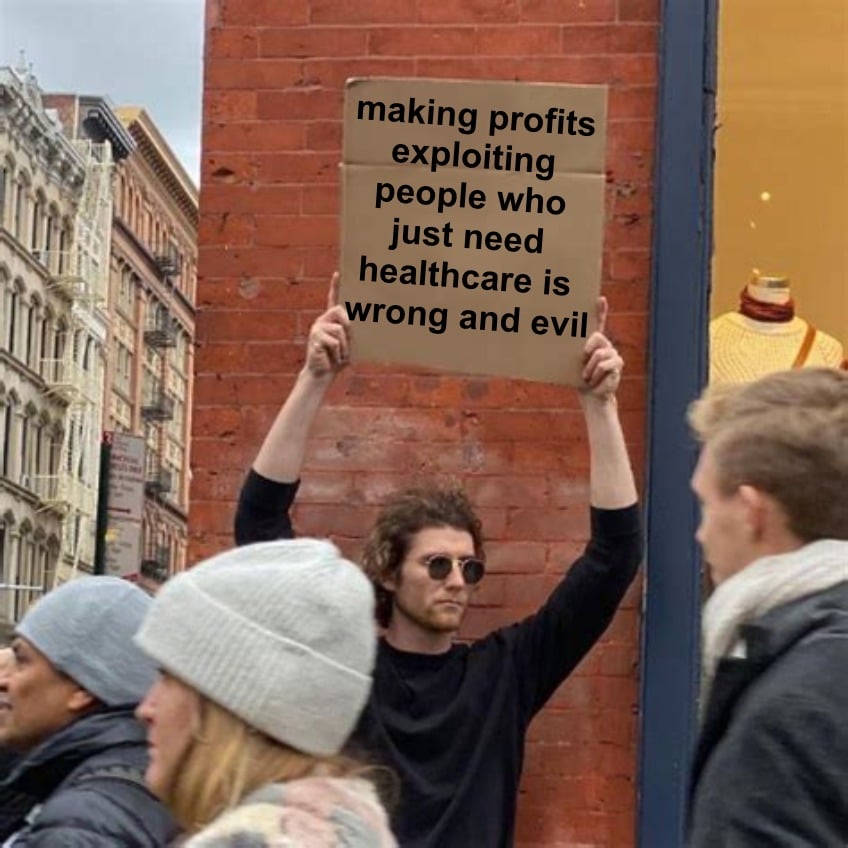Health - Resources and discussion for everything health-related
2516 readers
207 users here now
Health: physical and mental, individual and public.
Discussions, issues, resources, news, everything.
See the pinned post for a long list of other communities dedicated to health or specific diagnoses. The list is continuously updated.
Nothing here shall be taken as medical or any other kind of professional advice.
Commercial advertising is considered spam and not allowed. If you're not sure, contact mods to ask beforehand.
Linked videos without original description context by OP to initiate healthy, constructive discussions will be removed.
Regular rules of lemmy.world apply. Be civil.
founded 2 years ago
MODERATORS
101
102
103
104
81
Lawmakers take on prior authorization reform as health insurance frustrations mount
(www.theguardian.com)
105
106
97
Insurers continue to rely on doctors whose judgments have been criticized by courts
(www.propublica.org)
107
108
109
110
111
112
5
Animal sedatives, anaesthetics: China’s restriction on fentanyl ingredients spawns deadly recipes
(www.straitstimes.com)
113
114
138
Bird flu virus shows mutations in first severe human infection in US, CDC says
(www.theguardian.com)
115
116
117
118
119
120
121
122
123
3
Eating red meat may increase your risk of type 2 diabetes – not a lot of people know that
(www.downtoearth.org.in)
124
125
71
Anti-vaccine group with ties to RFK Jr. saw another windfall last year, records show
(www.nbcnews.com)
